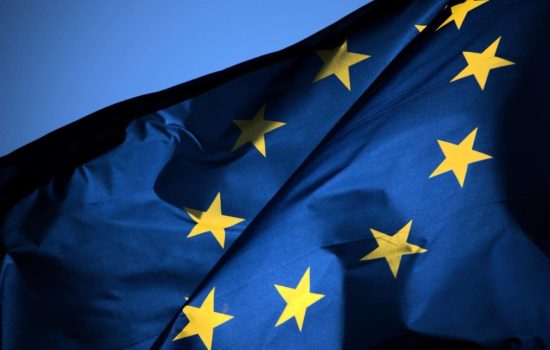By Rashi Jain-
Clinical trial results under the Intellectual property can be qualified for protection for commercialisation purposes in the European Union.
Intellectual property can protect artistic and literary work by means of copyright and related rights, brands, signs, and logos by means of trademarks, products with origins by means of geographical indications, shapes, and other artistic aspects of products by industrial designs and invention by means of patents, etc. Creator of an IP is bestowed with exclusive rights over the product or any invention that exclusive rights are known as IP Rights. IP rights not only provide owners the right to ownership but also provide for the right to exploitation. The rights can be exploited by means of licensing, right to the rental, etc. owner fulfills the commercial purpose of IP rights.
Clinical trials can be protected under the following types of Intellectual property-
- Patents – Patents can protect the clinical trials by protection invention of chemical entities like new drugs under the composition of matter patent, a new formulation of drugs under formulation patent, newly discovered method of using the drug under Use patent and methods of manufacturing drugs under manufacturing patent. Under European law, the patents have a life span of 20 years from the date of its application.
- Copyrights – Copyrights protect the original works of authors, which are fixed or recorded by any tangible medium of expression. Copyrights protect the literary and artistic expression of ideas. Copyright protects various aspects of the clinical trial process, It protects reports of the clinical trial to the extent of their expression. Copyrights also cover the labeling of the drug. In the EU, the rights of the author under copyright are protected within their lifetime and for seventy years after their death.
- Trademarks – A trademark is used to protect the design of a word, logo, color, scent, and sound. Trademarks are used to distinguish or identify goods or services. Trademark protection is available for the trademarked name of the drug. Trademarks can exist for an infinite length of time but will cease to exist one the mark becomes generic.
- Trade Secrets – “A trade secret is a valuable piece of information for an enterprise that is treated as confidential and that gives that enterprise a competitive advantage” – European Commission. Trade Secrets can cover valuable information and data on clinical trials.
- Know-how – Know-how protects the knowledge of methods or procedures of clinical trial or medicine manufacturing.
For commercialisation and protection of clinical test results, It is recommended to have a Clinical Trial Agreement (CTA) between all the parties involved in the clinical trial process i.e. Sponsors, subjects, investigators, staff, contract research organisations, Institutional Review Boards and regulatory agencies. CTA agreements should include confidentiality obligations.
There is also additional IP Protection granted in the European Union which can also protect clinical trials like Orphan drug act 1983 provides the 10-year term of marketing exclusivity to the orphan drugs, Supplementary Protection Certificates (SPCs) which supplements the term of a patent after its expiry for additional 5 more years, Paediatric-use marketing authorisation (PUMA) provides market exclusivity of a pediatric orphan drug to 12 years.

